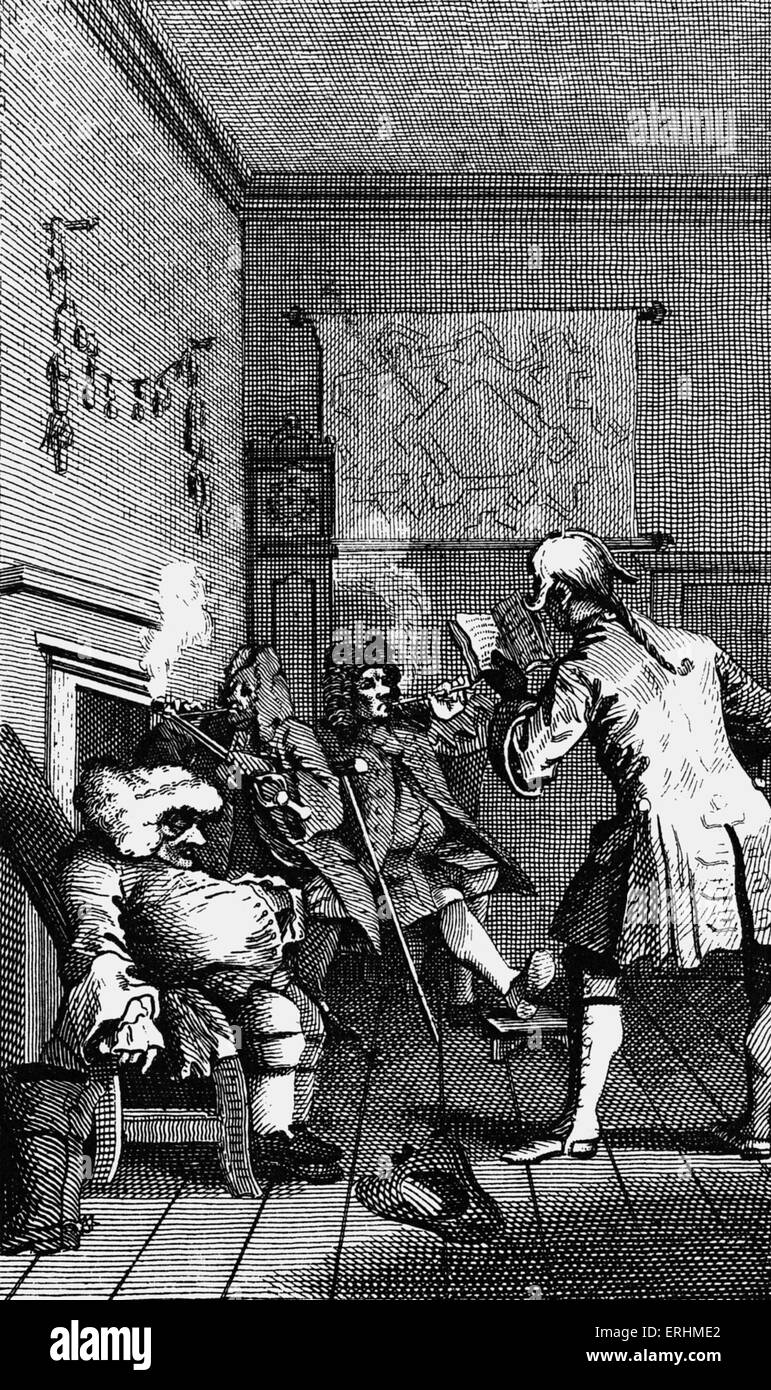

Until the publication of The Wealth of Nations in 1776, English men and women of letters understood their sphere of activity, at least in part, as a marketplace, but Smith’s assertion that the work of “men of letters of all kinds” is unproductive labour seems to prepare the way for Romanticism and its vehement segregation of literary from commercial value. Certainly such investigations now abound, but they multiply in spaces created by long inhibition. However, In Tristram Shandy, Büyüktelli 2 Sterne employs a different style of writing and asserts that "n a word, work is digressive and it is progressive, too-at the same time" (48) and he adds that:Īdam Smith may be the person most responsible for the belatedness of investigations into the commercial features of the eighteenth-century novel. As Woolf stated, life is far from being 'orderly', symmetrical or chronological unlike the traditional novels such as Defoe's Moll Flanders or Richardson's Pamela wherein time follows a linear path and all the events are respectively presented in an orderly and chronological manner. In his novel Life and Opinions of Tristram Shandy, Gentleman, Sterne conveys a style that consists of excessive use of digressions, which enables his work to have a more 'life-like' pattern. Is it not the task of the novelist to convey this varying, this unknown, and uncircumscribed spirit…?" Modern Fiction (1919) by Virginia Woolf Laurence Sterne, in many ways, has been considered to be the forerunners of modern novelists such as James Joyce or Virginia Woolf in terms of his digressive style, his use of temporal distortion and early examples of stream of consciousness technique.

The Characterization and Role of Uncle Toby in Life and Opinions of Tristram Shandy, Gentleman (1759-1767) by Laurence Sterne (1713-1768) "Life is not a series of gig-lamps symmetrically arranged life is a luminous halo, a semitransparent envelope surrounding us from the beginning of the consciousness to the end.


 0 kommentar(er)
0 kommentar(er)
